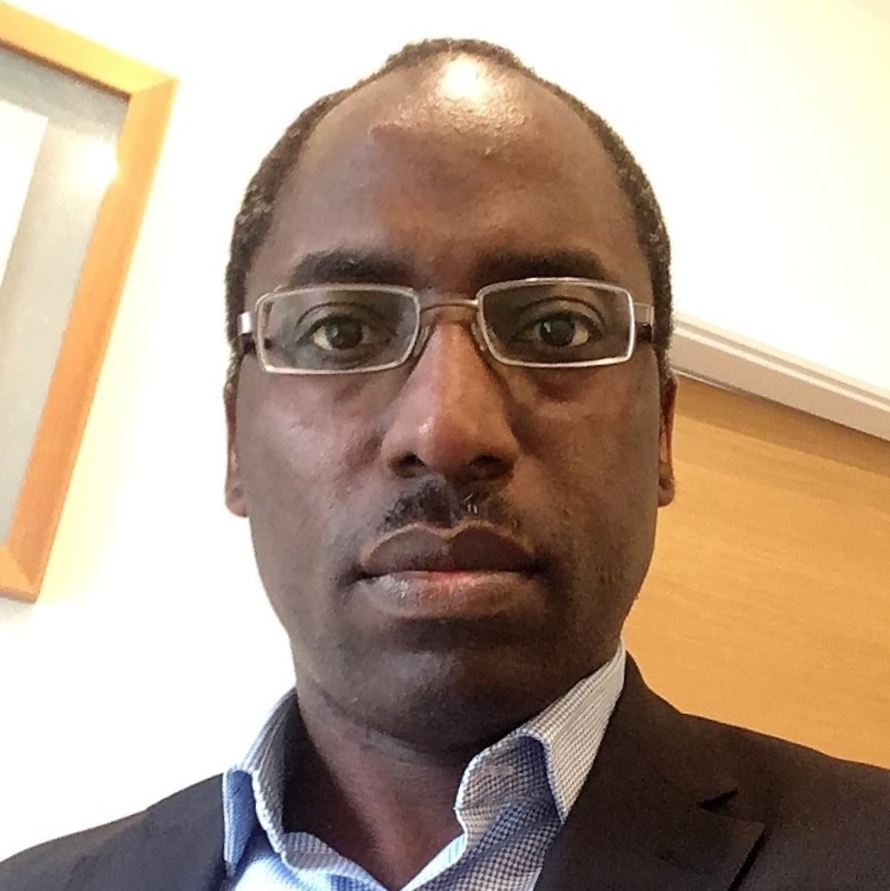Infectious diseases pose a significant threat to global health. This has been illustrated most recently by the ongoing Covid-19 pandemic. Any threat to global health is also a threat to civil society, as measures to respond to global health emergencies tend to interfere with the routine functions of society. So what makes a society civil, and how do infectious diseases intrude on and imperil this civility?
A civilized society, or country, is one in which there is a well-developed system of government, culture, and way of life, where the people who live there are treated fairly. In a global context, a civilized society will mean a world where people are treated fairly, irrespective of where they are born or where they happen to live and work. The absence of fairness for populations across the world is laid bare in health inequalities, none more obvious than the development of vaccines for infectious diseases. This story is best told in figures.
According to the World Health Organization (WHO), almost half of the global population was at risk of malaria infection in 2020 (mostly sub-Saharan Africa, South-East Asia, Eastern Mediterranean, Western Pacific and the Americas), with approximately 241 million cases and 627,000 deaths. The WHO African region accounted for 95% of total global cases and 96% of deaths (WHO, 2022). Despite causing significant morbidity and mortality in the developing world, it took at least 140 years from identifying the causative organism for malaria (Plasmodium parasite) to developing the first malaria vaccine approved by the World Health Organization (WHO) in 2021.
The first Ebola virus disease outbreaks in history were reported in 1976 in Zaire (now the Democratic Republic of Congo) in Central Africa and Sudan in East Africa. Since then, there have been outbreaks reported in several African countries, with an average case fatality rate (CFR) of 50% (range 25%-90%). The largest outbreak ever recorded happened in West Africa in 2013-16, with over 28,000 confirmed cases and more than 11,000 deaths (about 40% CFR). The first effective vaccine ratified for use against the disease was approved by regulators in 2019, 43 years after the first recorded outbreak of Ebola virus disease.
The first confirmed cases of Covid-19 were reported in Wuhan, China in December 2019. Over the course of the Covid-19 pandemic, a little over 600 million cases have been reported worldwide, with approximately 6.4 million deaths (about 1% CFR). Most of the cases and deaths have been reported in developed countries (with significantly older populations), with much less impact in sub-Saharan African countries (with significantly younger populations). Vaccine development started soon after the earliest outbreaks were reported across Europe and the United States of America. Less than one year after the Covid-19 virus was first identified, a vaccine was approved by regulators across the developed world.
The speed of Covid-19 vaccine development and approval (less than 1 year) was in sharp contrast to that for malaria (140 years) and Ebola virus disease (43 years), and it is difficult not to conclude that this variation is primarily due to the difference in populations affected. The numbers tell the story. To become a global civil society, these numbers – and the story – will need to change.
